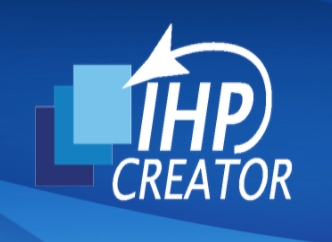-
Details
Prescription opioids are dangerous in the hands of drug abusers, but they are also beneficial or even lifesaving for millions of people who otherwise would live with chronic pain. Clinicians who prescribe opioids are often caught between their professional obligation to relieve suffering and their desire to avoid contributing to the nonmedical consumption of controlled substances.
Primary care physicians, nurse practitioners and other first-contact clinicians are uniquely positioned to make a difference at the beginning of medical treatment. Research indicates that a patient with chronic pain or a substance- use disorder is far more likely to seek treatment from a family doctor than from a specialist. That reality creates an opportunity for front-line clinicians to maximize the chances for success when patients begin opioid therapy.
This book was written to help all interested parties (eg, clinicians who treat pain, drug and medical-practice regulators, law-enforcement authorities and pharmacists) to sort out the clinical, regulatory, and ethical issues associated with the prescribing of opioid analgesics and to reduce the risk of medication misuse, abuse, and diversion. The information presented here is based on the work of numerous experts in the fields of pain management and addiction medicine. If knowledge is power, then this information is intended to instill the power and confidence needed for clinicians to safely treat their patients' pain and restore their dignity and lost quality of life.
-
Reviews
Journal of Palliative Medicine
"This book is ideal for those clinicians who need assistance in understanding the proper way to manage chronic pain in patients on opioid therapy. It comes very highly recommended."
-
Reader Reviews
-
Author Bio
Beth Dove
Medical writer and researcher Beth Dove has focused for the past several years on investigating and publishing the facts behind prescription opioid abuse and undertreated pain. She works full time with Dr. Webster. Her technical writing has appeared in Pain Medicine, the Journal of Opioid Management, Practical Pain Management and many other publications and textbook chapters.
More titles by this author
Lynn R. Webster, MD
Lynn Webster, MD, is medical director of Lifetree Clinical Research and Pain Clinic in Salt lake City, Utah. His clinical research interests include pain and pain mechanisms, substance abuse and addiction, and the relationship between sleep and pain. Dr. Webster earned his doctorate in medicine from the University of Nebraska Medical Center and completed his residency and fellowship with the University of Utah, Department of Anesthesiology and Division of Artificial Organs. He established the nonprofit LifeSoure.
More titles by this author


 Visit us in booth #610!
Visit us in booth #610! June 20, 2012 - Author Diane Carbonell to appear on The 700 Club
June 20, 2012 - Author Diane Carbonell to appear on The 700 Club